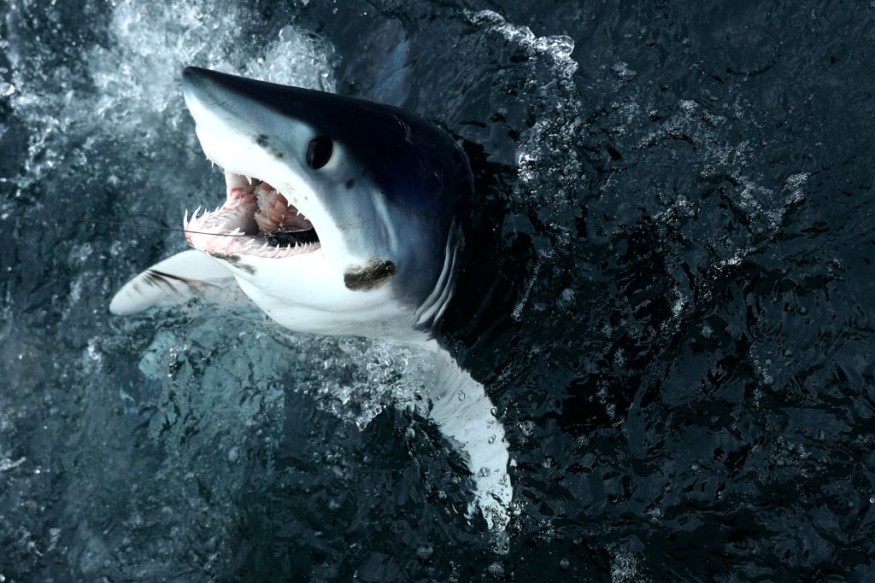
As narratives over the COVID-19 vaccine battle it out, a new contender arrives from an unlikely party. Recently, a non-profit conservation organization has accused some pharmaceutical companies of using endangered shark oil in their work with coronavirus vaccine production.
Shark-produced squalene - the center of new controversy
At the center of this new controversy is a type of fat known as squalene. According to reports, squalene is necessary to create an important vaccine compound known as an adjuvant. Adjuvants, in turn, are responsible for triggering more potent immune responses and thereby requires less doses.
Unfortunately, one of the main sources of squalene also happens to be basking sharks and other similar species. The component is abundantly found in their liver as it helps them compensate for the sharks' lack of a swim bladder. And naturally, larger sharks are often targeted due to their size.
On the other hand, other sources say that this is not entirely the whole picture. While some of the accused parties have admitted to using shark oil squalene, these companies represent a small fraction of manufacturers who have been tapped for vaccine production. The reports also leave out important details in their supply chain, such as how much the squalene demand really drives illegal shark hunting. It could be just as likely that the killings are still fueled by illegal shark fin trade, with shark oil being sold off as an extra byproduct.
Furthermore, it has not been determined if any of the most widely circulating vaccines contain squalene. These include not just Moderna and Pfizer, but also SputnikV, AstraZeneca, and Sinovac among others.
Some representatives of the accused manufacturers have also assured the public that the squalane is derived from species that are not listed as protected under Convention on International Trade in Endangered Species of Wild Fauna and Flora (CITES).
And on a final note, with the demand for the vaccine being at a critical high, many manufacturers are also racing against the clock to find more abundant, sustainable alternatives that do not require the exploitation of rare and endangered animals. The scale of current vaccine rollouts is such that a limited supply of any ingredient could be catastrophic in a world already terribly affected by the pandemic.
Shark issue not a coronavirus dilemma
This new controversy has highlighted two major issues faced by the world today. The first is the infamy of anti-vaccine sentiment that has continued to perpetuate around the world (particularly in the US and Europe). The second is the threat of environmental degradation and how it has been driving trends such as global warming.
Fortunately, it appears that the goal of defeating the COVID-19 outbreaks and reducing the threats against endangered species are not opposed to each other. Lean, sustainable vaccine manufacturing is the key to ensuring pandemics are ended as quickly as they begin.
This actually goes hand in hand with the goal of preserving ecosystems and combating climate change. Both are aimed towards ensuring mankind's survival in future generations.
© 2026 NatureWorldNews.com All rights reserved. Do not reproduce without permission.





